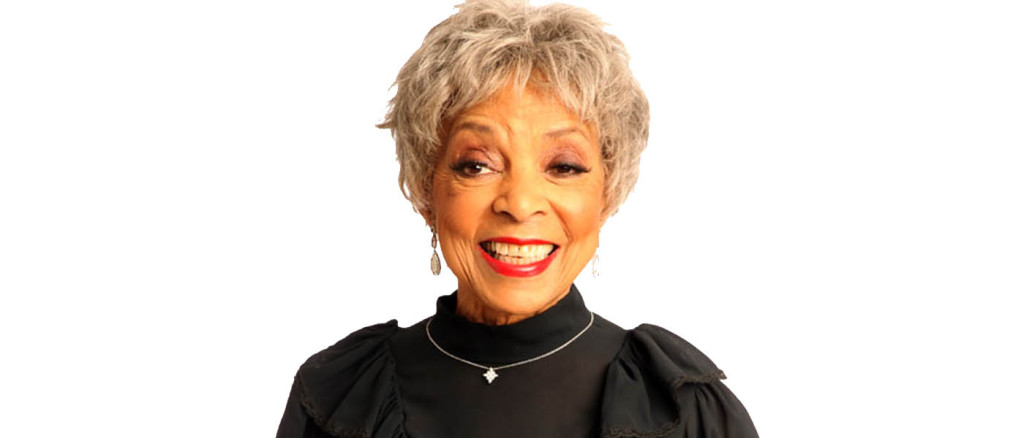If you are passionate about what’s right or wrong about Central New York, here is a corner for you to vent. Rant in poetry. Rant in prose. Rant against the bad. Rave for the good.
Here are the rules: No anonymous essays. Have a point-of-view, express it like you mean it and know what you are talking about. We are not looking for “on the other-hand” essays. Be civil. No personal attacks. No libel. No slander. Topics? Your choice: culture, policy, politics. There are two (and only two) essay lengths: 300 words, and 600 words.
What Ruby Dee Taught Me About Acting
Editor’s note: Actress, poet, playwright and activist Ruby Dee died June 11.
When I was a freshman in college, I had the opportunity to hear Ruby Dee speak. The lecture was held in what felt like a too-small 600-seat theater. As the theater swelled with people, I remember wondering, “Who is this lady, again?”
I knew her husband, Ossie Davis, from his performances in a few Spike Lee films. That was the extent. Refusing to voice my ignorance to anyone, I waited, pretending to understand the depth of what I was about to experience.
The energy in the room was electric. It was clear we were in the presence of greatness, in the presence of someone who had shaped history. She was gracious and kind and witty. I was awed by the affect she had on the people in that room.
About two years later, I was cast as Walter Lee Younger in our college production of A Raisin in the Sun, by Lorraine Hansberry. Our director insisted that we watch the film version of the play as research for our characters. Sidney Poitier is undoubtedly magnificent in the role of Walter Lee, but Ruby Dee as Ruth Younger simply blew me away. The subtlety and depth of her performance is breathtaking.
Unlike Walter Lee, who talks a lot, Ruth is a woman of few words. Playing a role with not many lines is difficult, and Ruby Dee was masterful at it. The actor must develop an emotional life for the character that extends far beyond the page.
When a character talks a lot, as is the case with Walter Lee, deciphering how he feels is much easier. A verbose character may say, “I don’t like x, or I hate when you do y.” Lines like these are little treats. They give the actor clues on how to execute certain moments in the play.
However, when a character says few words and their thoughts are less overt, the actor must decode the character’s intentions and silent moments. Then, the actor must make bold choices that give the audience a window into the character’s soul. Ruby Dee was a master at this.
From Ruby Dee, we can learn many lessons. Here are two: Live each moment onstage with complete conviction, despite the number of lines you may have; and, never forget, art can be a conduit for change.
Image Credit: Anthony Barboza/Getty Images



